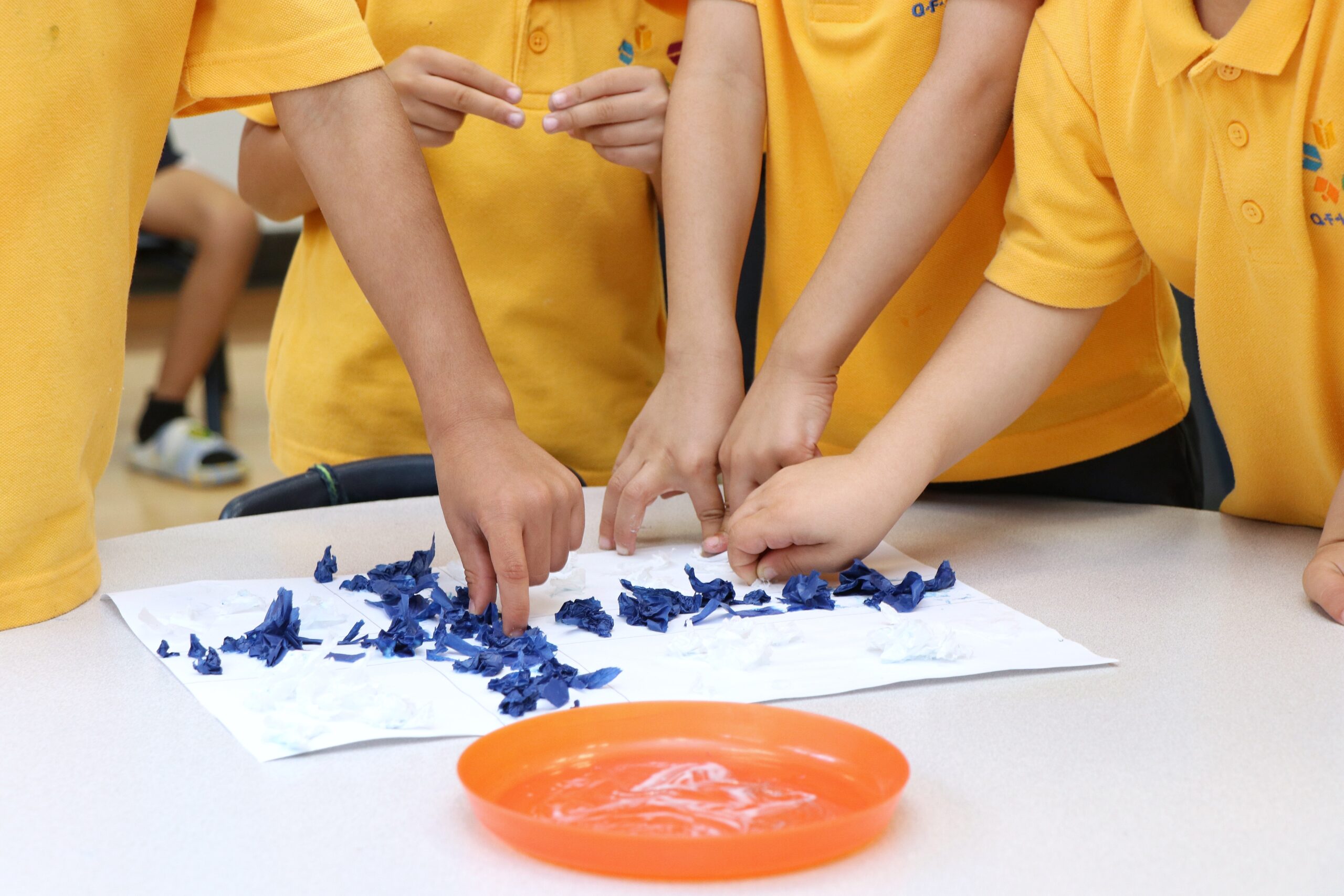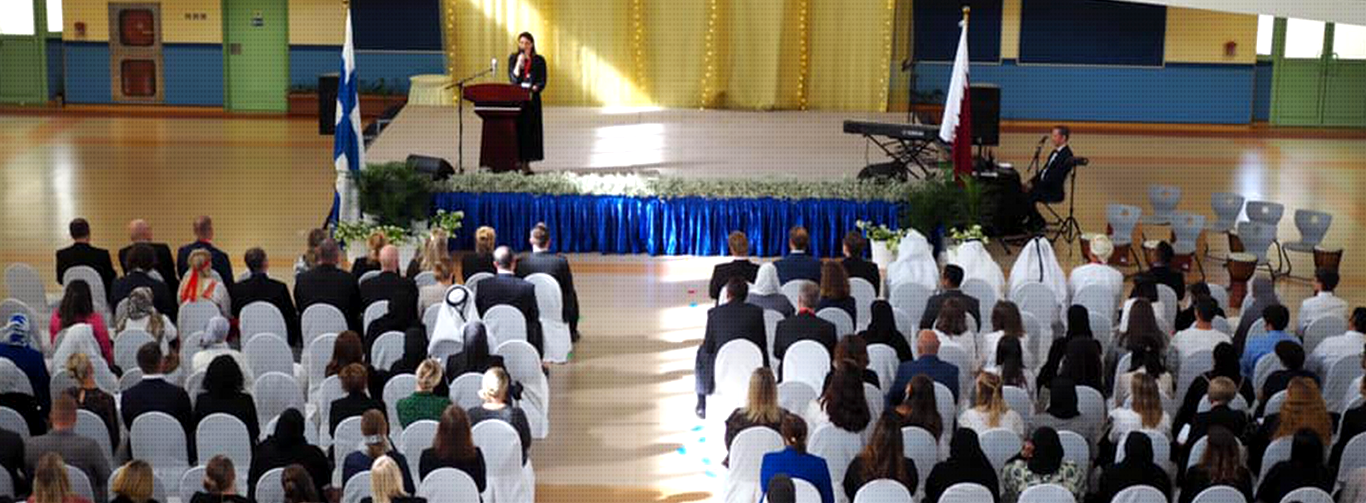We are proud to be the first Finnish International K-12 School in Qatar. The Finnish education concept is internationally acclaimed for its impressive track record in producing high-ranking student performance, while nurturing well-being for the whole learning community.


Finnish education emphasizes cross-curricular themes and learning. Students do not study only subjects, but rather themes and phenomena. Versatile working methods give the students a joy of learning and experiences of success, while supporting creative activities characteristic of different age groups. The function of these working approaches is to develop social, learning, thinking, working, and problem-solving skills, and to foster active participation.
Students take responsibility for their own learning process, while the teacher’s role as a facilitator is important. Through trust in students, we can give more space and support the attainment of everyone’s personal learning goals. Motivation is also strengthened by working methods that support self‐regulation and the feeling of being part of a group.
The Finnish system strongly believes in collaboration with the students’ families. There are several studies that show that the students coming from homes that work together with the school and show interest for education perform much better socially and academically than their peers without this support. At the same time, the Finnish education system wants to emphasize the fundamental responsibility for learning, which is always on the student. When cultivating independent learners, this responsibility must be taken seriously and nurtured from an early age.
Qatar-Finland International School – Exemplary educational hub of overall well-being and outstanding learning results.
Qatar-Finland International School adapts Finnish expertise to the unique needs of Qatari context to offer the best education in the State of Qatar.